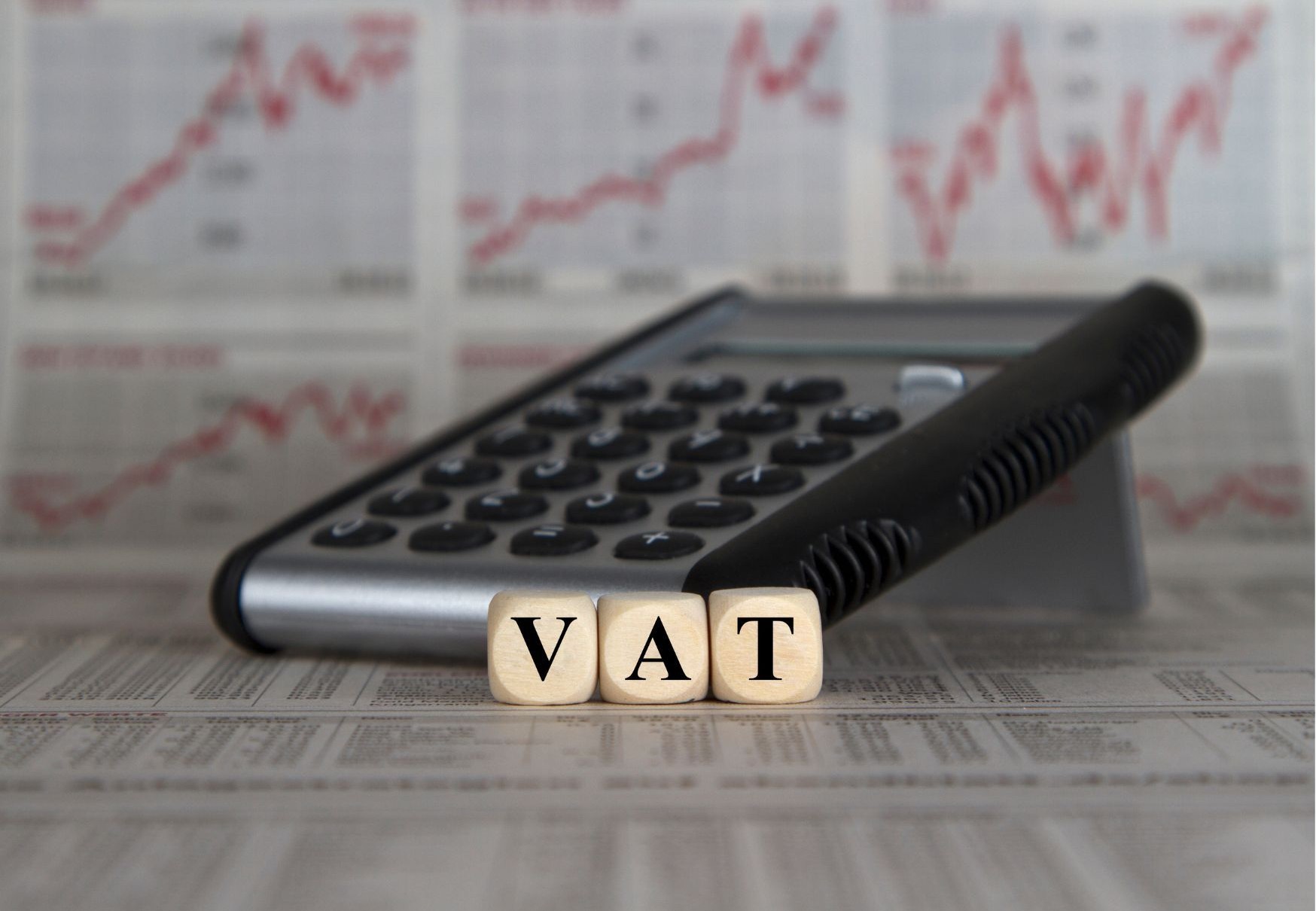
fEBRUARY 1, 2024
EU Introduces Revised VAT Scheme to Boost SMEs Across Member States

Effective January 1, 2025, the European Union (EU) is implementing a comprehensive overhaul of its Value Added Tax (VAT) scheme, with a primary focus on supporting small and medium-sized enterprises (SMEs) across all Member States. The new framework introduces key features aimed at standardizing VAT registration thresholds and extending benefits to non-resident EU businesses.
Unified VAT Exemption Thresholds
Under the existing rules, individual VAT exemption thresholds vary among Member States for domestic small enterprises. However, the new rule establishes a unified exemption threshold, capped at €85,000 across all Member States. This harmonization is expected to simplify compliance for SMEs operating in multiple jurisdictions.
Extended VAT Exemption for Non-Resident SMEs
In a significant departure from the existing regulations, where only businesses established within a Member State could benefit from VAT exemptions, the revised scheme allows SMEs based in one EU state to access VAT exemptions while operating in another. To qualify, these businesses must ensure their turnover remains below the national threshold of the operating state and their total EU-wide turnover does not exceed €100,000.
Administrative Simplification
One of the cornerstones of the new scheme is the emphasis on administrative simplification. SMEs can expect streamlined registration and reporting processes, potentially reducing VAT compliance costs by up to 18% annually. Additionally, a single registration window in their home Member State aims to simplify processes for SMEs engaged in cross-border operations.
Objective and Impact
The overarching objective of this reform is to level the playing field for businesses across the EU, irrespective of their country of establishment. By reducing administrative burdens and compliance costs, the EU aims to foster a more conducive environment for SME growth and facilitate smoother cross-border operations.
This significant initiative underscores the EU's commitment to supporting the backbone of its economy – small and medium-sized enterprises. As the new VAT scheme comes into effect, businesses are encouraged to stay informed and adapt their strategies to leverage the benefits offered by these regulatory changes.
If your business requires assistance in navigating the new EU VAT scheme, our team of Tax experts will be happy to proactively guide you through necessary adjustments while providing tailored solutions to your specific needs.




